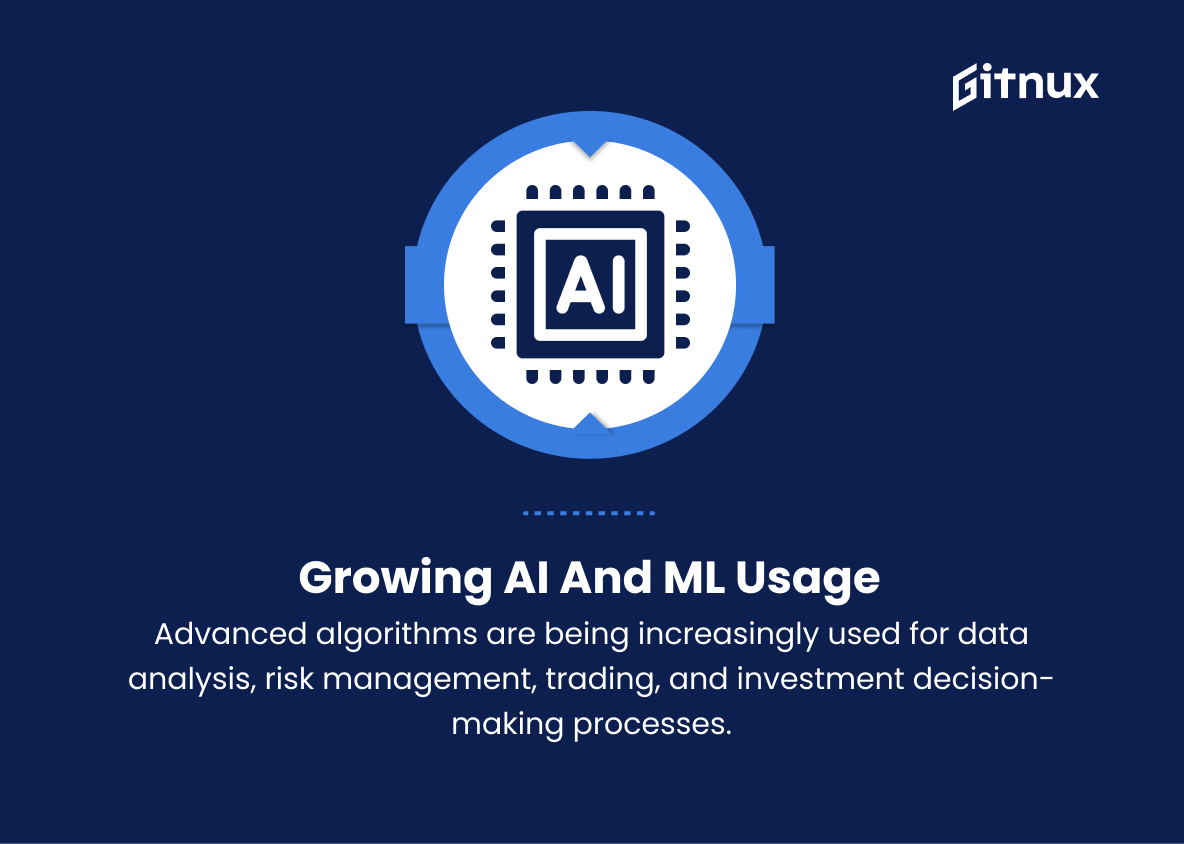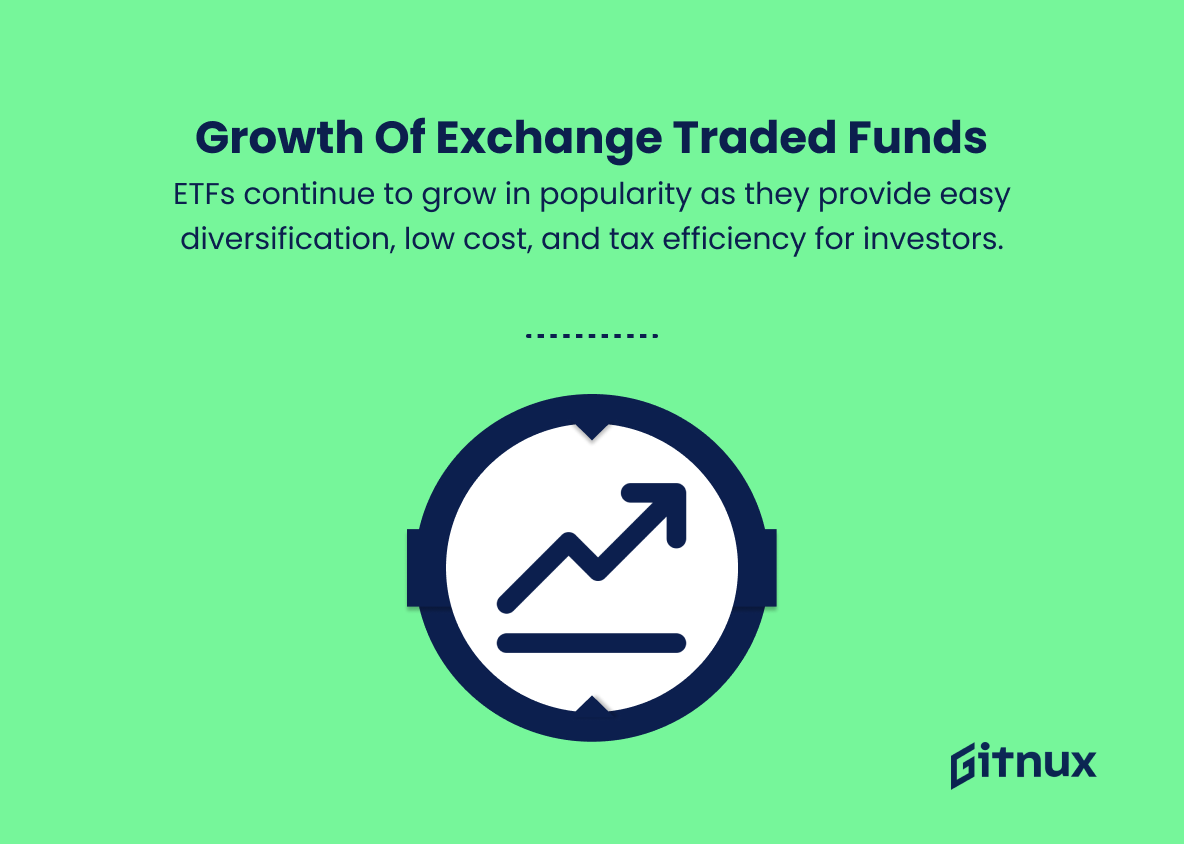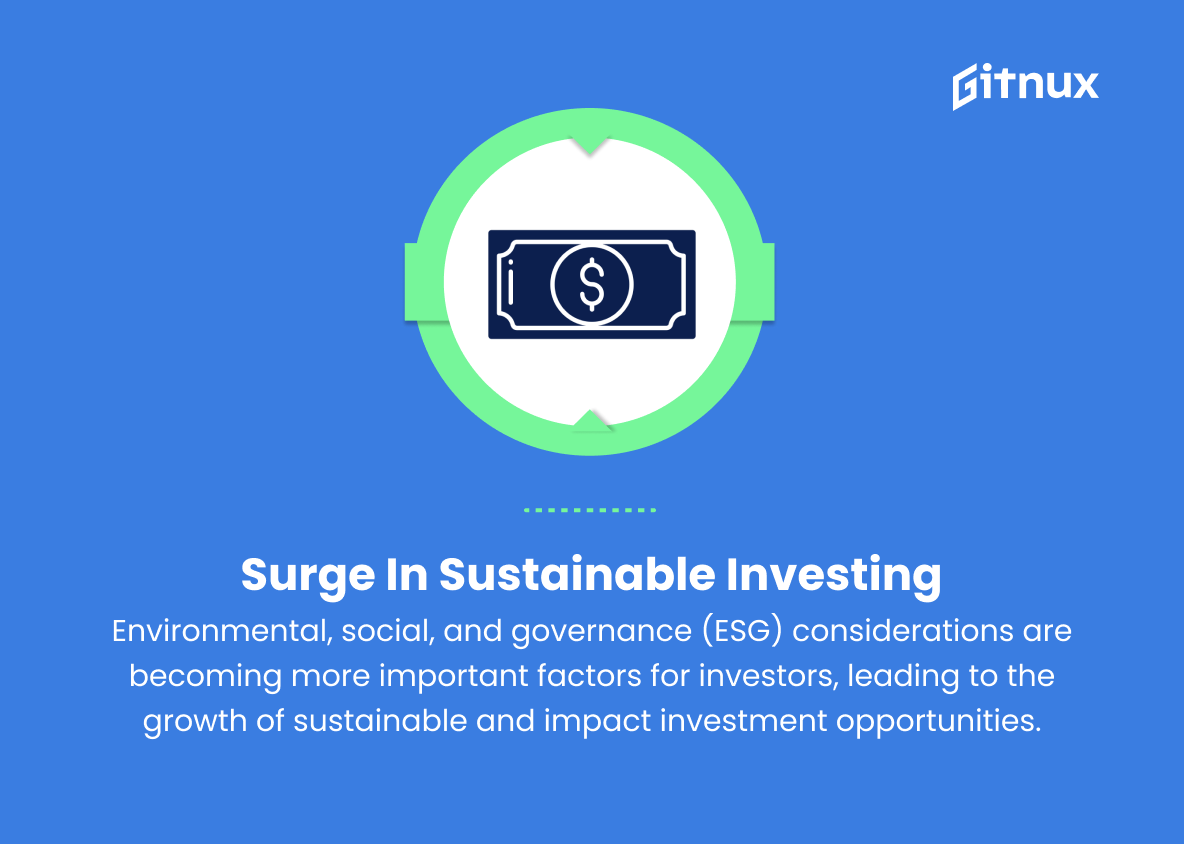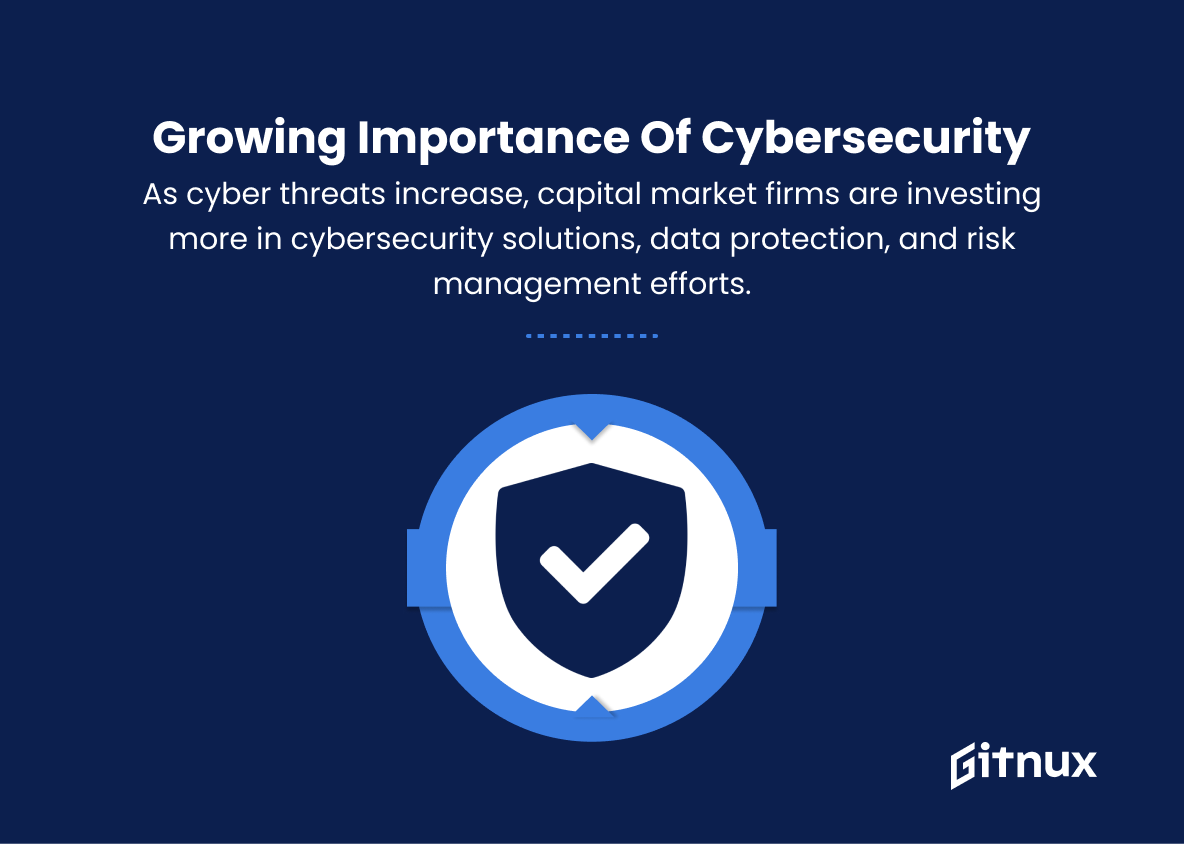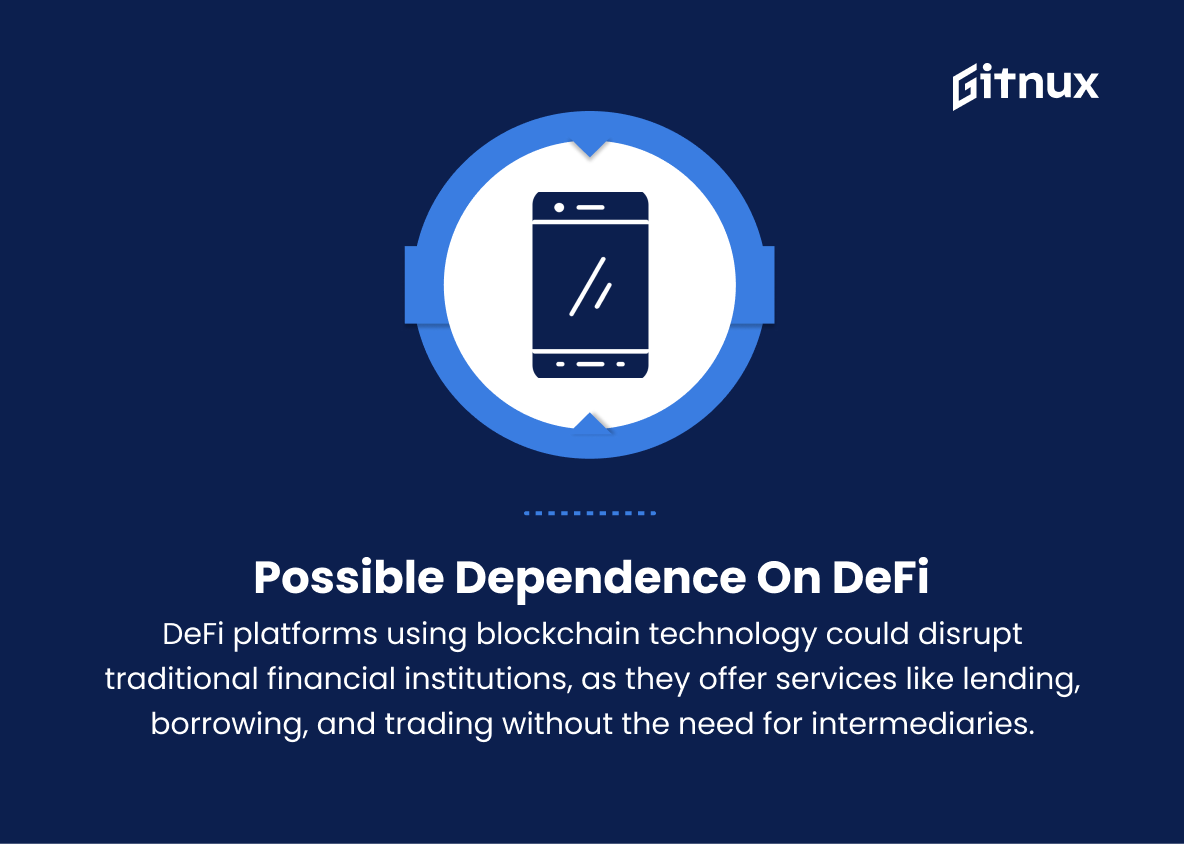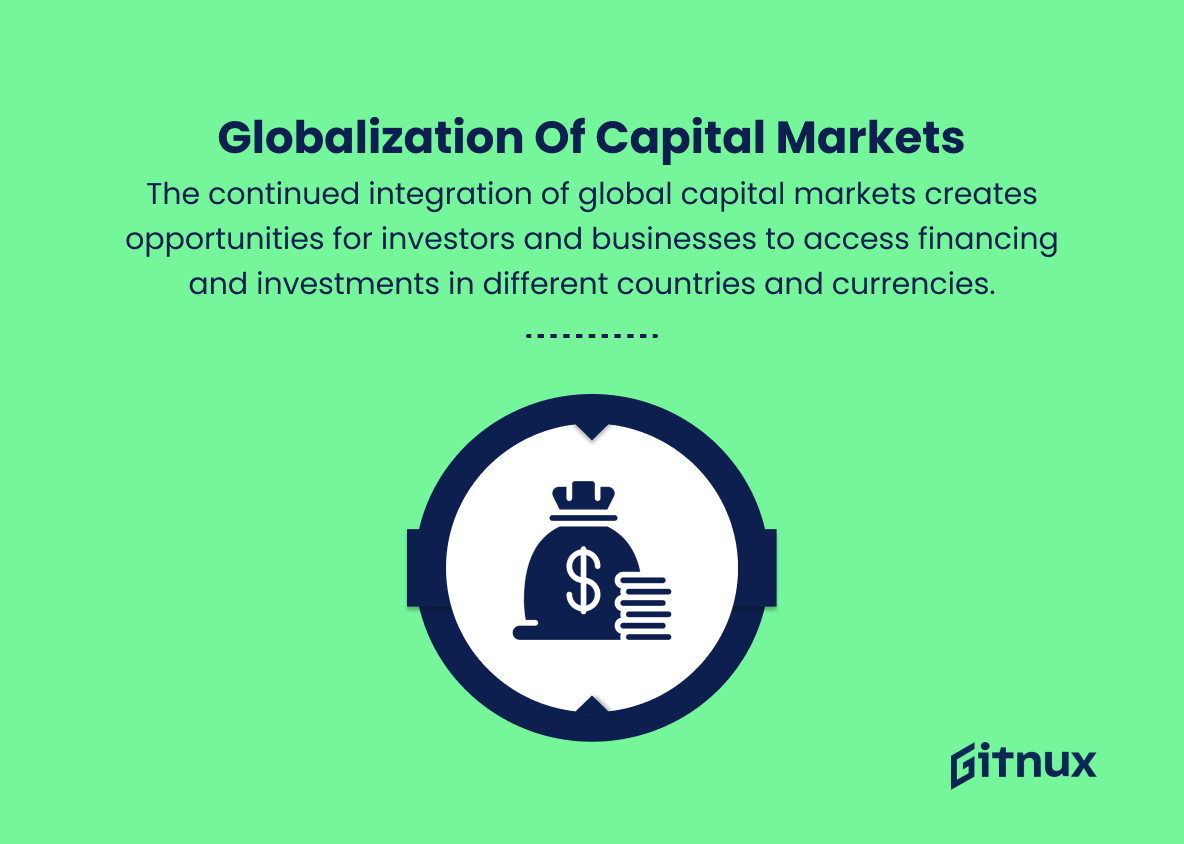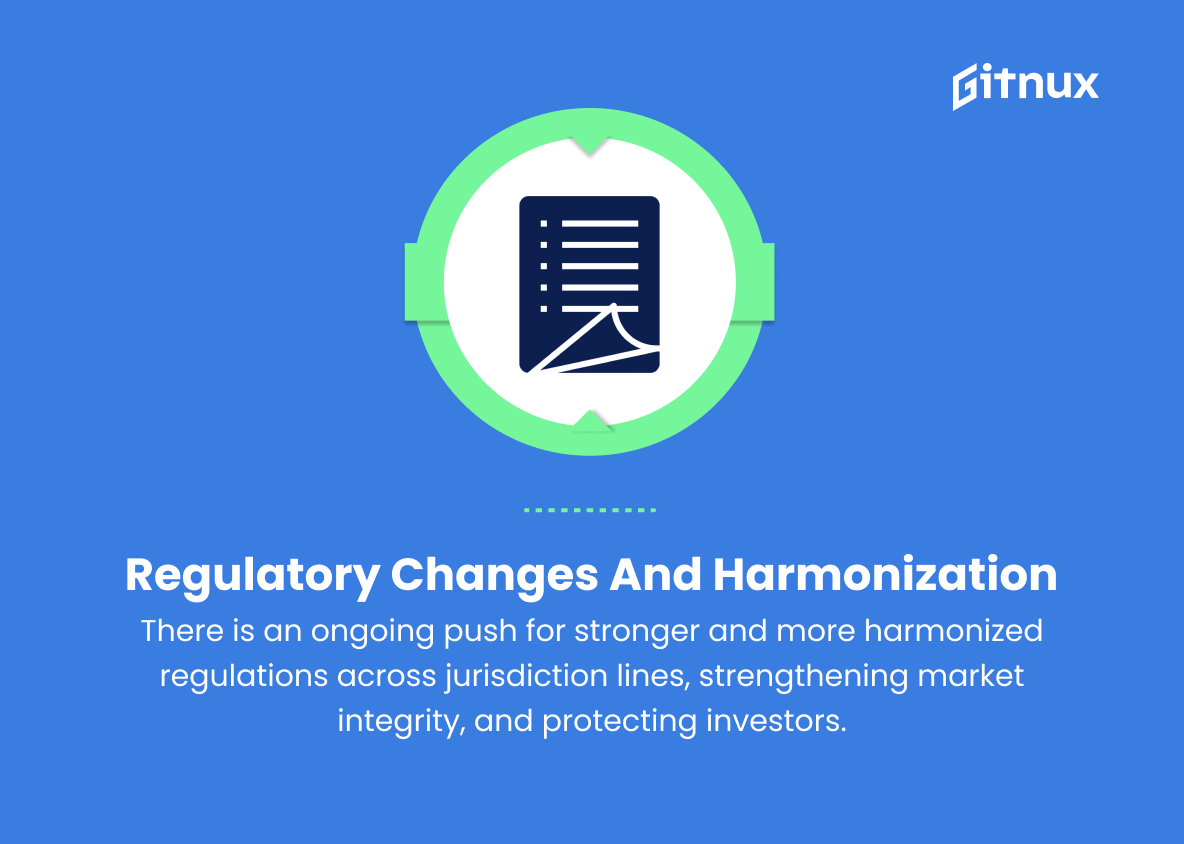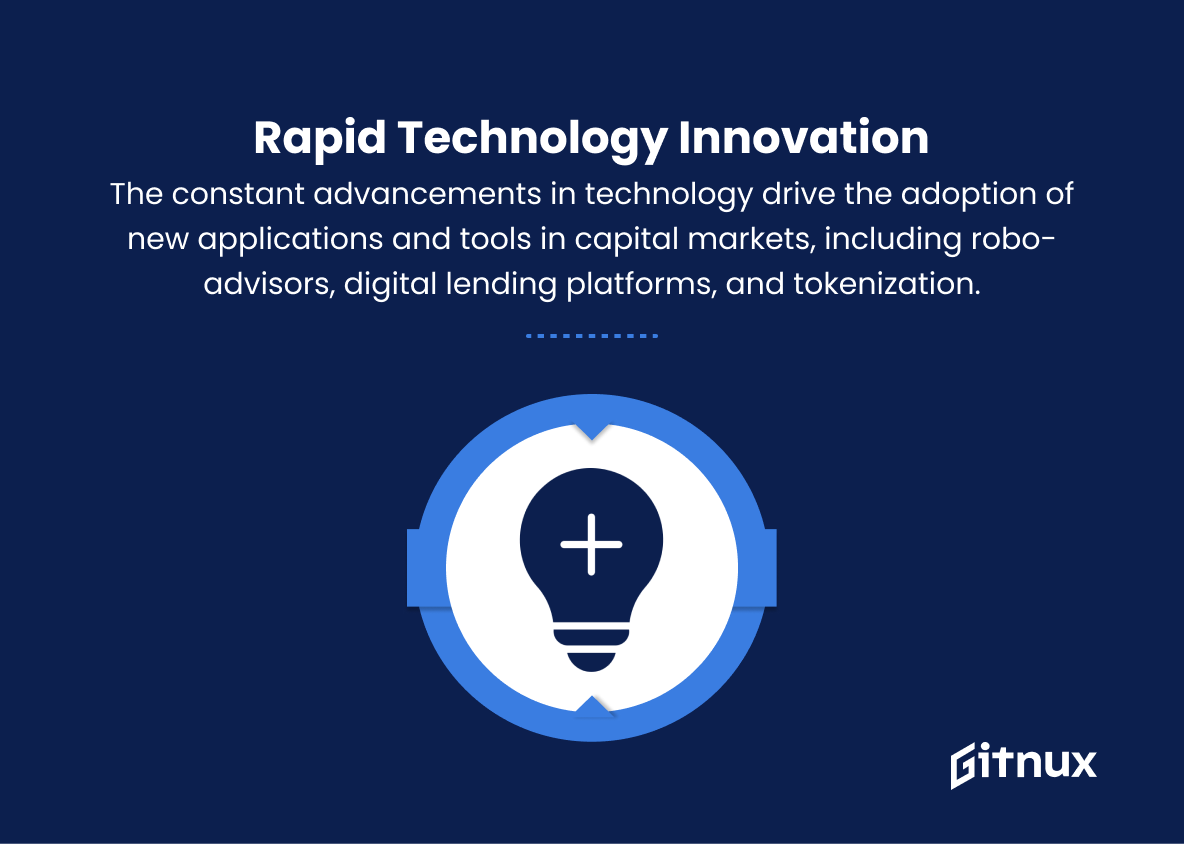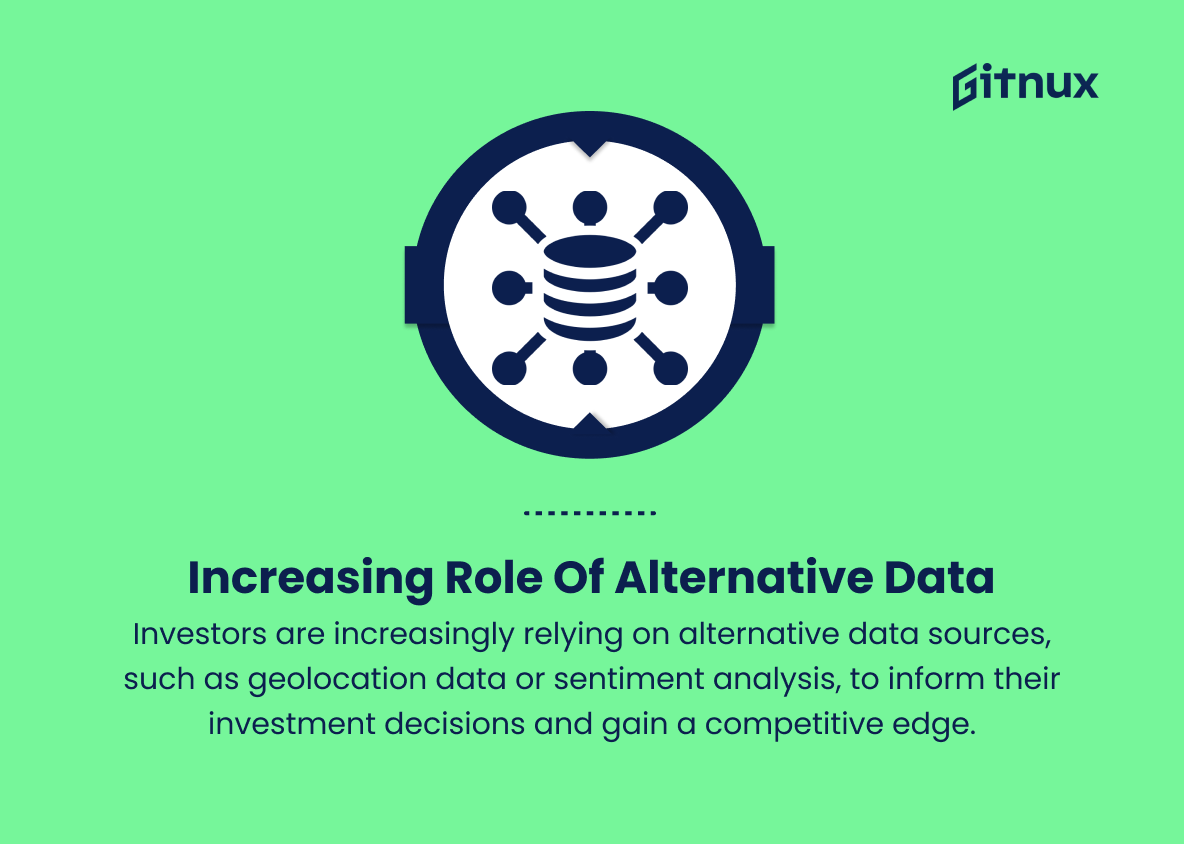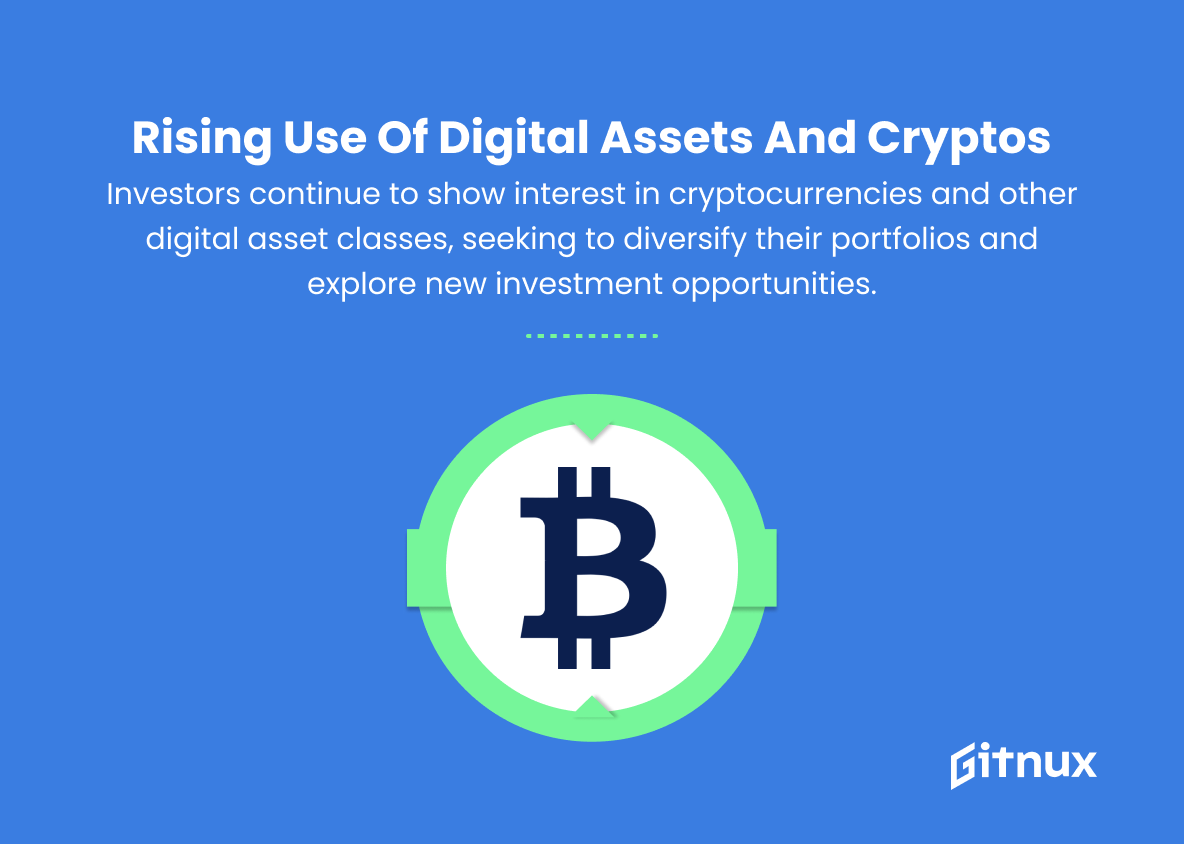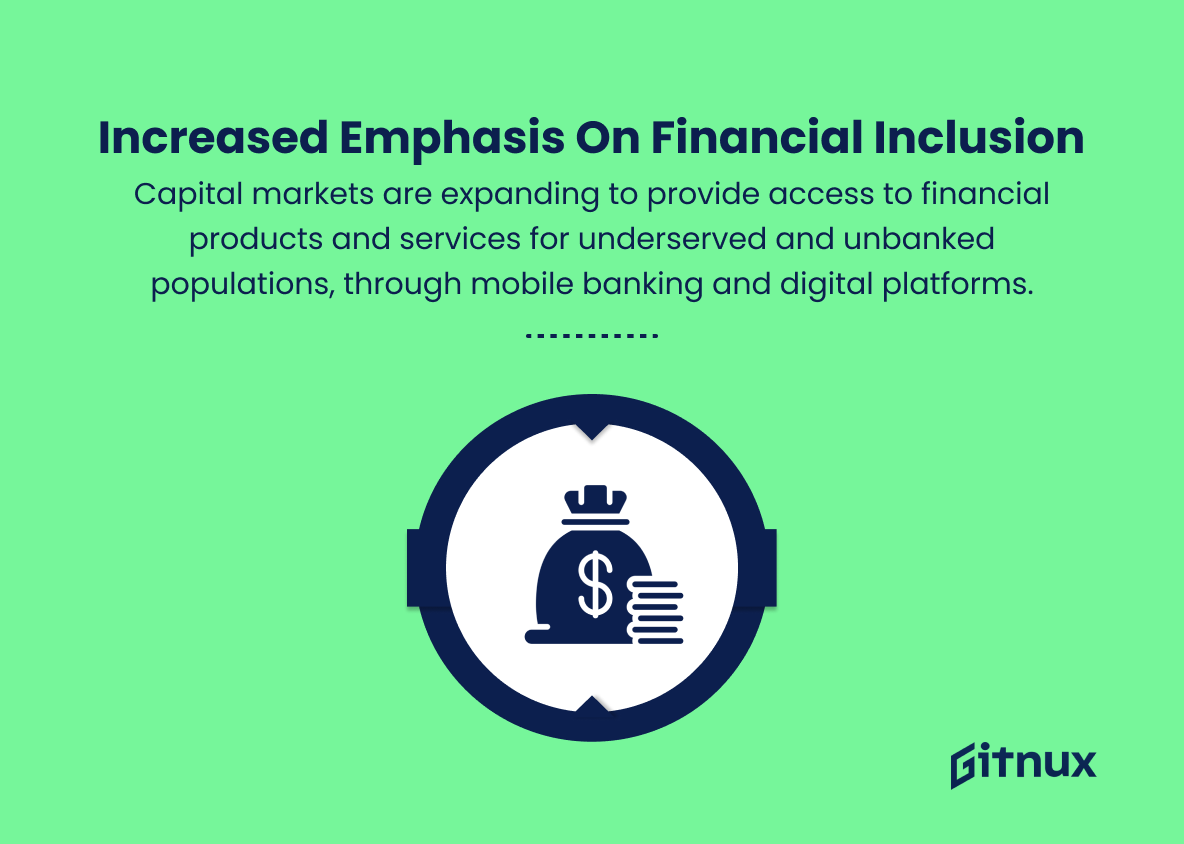In the ever-evolving world of global finance, staying updated on the latest capital market trends is crucial for investors, businesses, and economic stakeholders alike. With economic fluctuations, technological advancements, and regulatory shifts constantly reshaping the financial landscape, it’s more important than ever to keep a close eye on the forces driving change in capital markets.
In this blog post, we delve deep into the emerging trends and transformative developments currently shaping the capital markets sector, offering insights, analysis, and predictions to help professionals navigate this complex and rapidly-changing ecosystem. From the rise of ESG investing to the impact of digital currencies, we’ll explore how these trends are influencing investment strategies, market dynamics, and future growth prospects in capital markets worldwide.
Top Capital Markets Trends
1. Increasing use of artificial intelligence and machine learning
Advanced algorithms are being increasingly used for data analysis, risk management, trading, and investment decision-making processes.
2. Growth of Exchange Traded Funds (ETFs)
ETFs continue to grow in popularity as they provide easy diversification, low cost, and tax efficiency for investors.
3. Rise of sustainable and socially responsible investing
Environmental, social, and governance (ESG) considerations are becoming more important factors for investors, leading to the growth of sustainable and impact investment opportunities.
4. Growing importance of cybersecurity
As cyber threats increase, capital market firms are investing more in cybersecurity solutions, data protection, and risk management efforts.
5. Consolidation of trading venues
To reduce costs and improve operational efficiency, trading venues are merging and integrating, increasing their regional and global reach.
6. Increasing adoption of blockchain technology
Blockchain is transforming capital markets through solutions like smart contracts, streamlining back-office functions, and enhancing transparency and security.
7. Potential reliance on decentralized finance (DeFi)
DeFi platforms using blockchain technology could disrupt traditional financial institutions, as they offer services like lending, borrowing, and trading without the need for intermediaries.
8. Globalization and internationalization of capital markets
The continued integration of global capital markets creates opportunities for investors and businesses to access financing and investments in different countries and currencies.
9. Regulatory changes and harmonization
There is an ongoing push for stronger and more harmonized regulations across jurisdiction lines, strengthening market integrity, and protecting investors.
10. Rapid technology innovation
The constant advancements in technology drive the adoption of new applications and tools in capital markets, including robo-advisors, digital lending platforms, and tokenization.
11. Increasing role of alternative data
Investors are increasingly relying on alternative data sources, such as geolocation data or sentiment analysis, to inform their investment decisions and gain a competitive edge.
12. Growing adoption of digital assets and cryptocurrencies
Investors continue to show interest in cryptocurrencies and other digital asset classes, seeking to diversify their portfolios and explore new investment opportunities.
13. Changing trading practices and automation
As technology advances, trades are becoming faster and more automated, leading to the growth of algorithmic trading and high-frequency trading strategies.
14. Increased emphasis on financial inclusion
Capital markets are expanding to provide access to financial products and services for underserved and unbanked populations, through mobile banking and digital platforms.
15. Transition to 5G networks
The introduction of 5G networks brings new capabilities that will support faster trading, more robust infrastructure, and better connectivity between global financial centers.
Implications
The future of capital markets is marked by rapid advancements in technology, a focus on sustainability, and increased global interconnectivity. The increasing use of artificial intelligence and machine learning is streamlining data analysis, risk management, and investment decision-making processes. The growth of ETFs provides accessible diversification and tax efficiency for investors, while the rise of sustainable investing emphasizes the importance of environmental, social, and governance factors in investment strategies. Cybersecurity continues to be critical as firms bolster their defenses amidst increasing cyber threats. Consolidation of trading venues is promoting operational efficiency and expansive global reach, complemented by the adoption of blockchain technology for improved transparency and security.
Decentralized finance has the potential to disrupt traditional institutions by eliminating intermediaries’ need in various financial services. The globalization of capital markets enables businesses and investors to access financing and investment opportunities worldwide. Regulatory changes are continually pushing for harmonization and strengthened market integrity, driven by innovations in technology such as robo-advisors, digital lending platforms, and tokenization.
Alternative data sources are increasingly being utilized for enhancing investment decisions, while digital assets and cryptocurrencies gain popularity in investment portfolios. Trading practices are evolving with algorithmic and high-frequency trading strategies, and financial inclusion is growing through mobile and digital platforms. Finally, the transition to 5G networks will significantly enhance trading speed, infrastructure reliability, and global financial connectivity.
Conclusion
In conclusion, the rapidly transforming capital markets landscape presents a plethora of challenges and opportunities for all participants involved. As the industry navigates through an era of increased digitization, regulation, and globalization, it becomes ever more vital for financial institutions, investors, and policymakers to stay current on key trends and adopt innovative strategies.
By embracing advancements in technology, prioritizing sustainability, and adjusting to shifting market dynamics, stakeholders can ensure they remain competitive and capitalize on emerging possibilities in the capital markets. The road ahead may be uncertain, but those willing to evolve, adapt, and collaborate have the potential to thrive in this increasingly complex environment.
